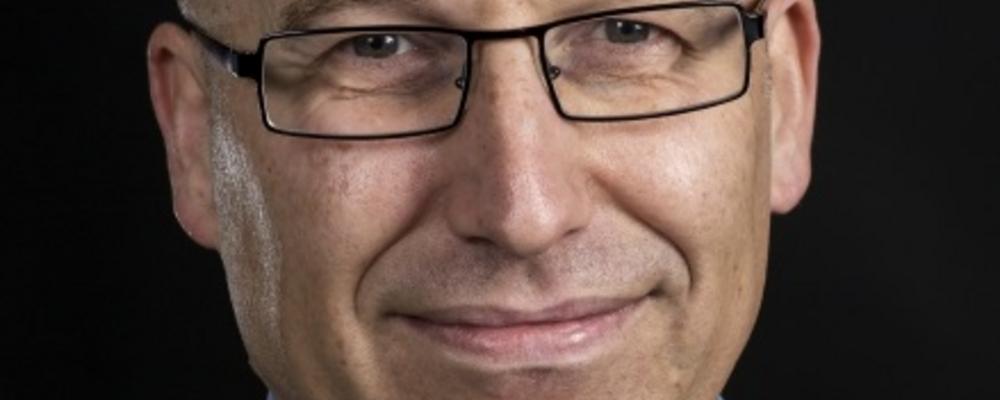The research project targets patients which chronic conditions stemming from childhood and their transition from paediatric to adult health care. There are two dimensions to this transition, partly it concerns the transition from being a child or youth into adulthood. The other part is the actual transfer from one health care unit to another, being paediatrics to adult care. According to Professor Moons, this can be a very vulnerable shift. Many patients who need continuous follow-ups for their condition, are at risk of falling behind in the process of transition between different health institutions. This has been known to happen in many chronic conditions and prior research indicated that this risk is more prevalent regarding congenital heart disease. Data from Sweden are lacking to date.
Dr Bratt has previously received funding to conduct research on the lack of follow-ups for this particular group of patients in Sweden. By investigating multiple regions in Sweden, she aims to identify which risk factors determine the outcome of each patient’s risk of missing out the follow-ups. These potential risk factors will be studied not only on a personal level, but also on the hospital level and the health care system level.
A multilevel study
The study will be carried out during three years and will target three levels. Part of it will investigate individuals, where data will be collected about age, sex, level of education, geographic distance to the outpatient clinic and the degree of complexity of the diagnosis. The second level is the one of the hospital- related factors. Access to adequately trained medical staff, technical equipment, the composition of the health care teams and how much training the staff receive yearly. Thirdly, the healthcare system level will be examined. On this level, the international comparison between systems may provide a lot of information.
-Conducting the study in cooperation with South Africa may bring much insight based on the assumption that the health care systems of the two countries differ a lot according to Philip and Ewa-Lena.
The people included in the study will be contacted and interviewed about why they are, or are not under monitoring for their condition. On a group level, differences of morbidity, mortality and health care consumption between those who are under follow-up and those that are not will also be analysed.
Mutual learning
Although the project's vantage point has been congenital heart disease, the researchers aspire to gain knowledge of chronic conditions in general.
-South African cardiologists have a lot of experience of rheumatic heart disease which has been a relatively rare condition in the Western world, but now with the increased immigration, could become significantly more prevalent in Sweden. Cooperation with South Africa thus provides opportunities for mutual learning and hopefully positive synergies says Philip Moons.
-This study will hopefully contribute to increasing the rate of patients in adequate follow-up and awareness of how to build health systems that minimise risk factors for failure. That way we can prioritize resources in a way that captures all individuals says Philip Moons. - Both clinicians, hospital administrators and policy makers may benefit from this study, he continues. It is also crucial to broaden horizons and learn more about global health and not just focus on our immediate surroundings.
